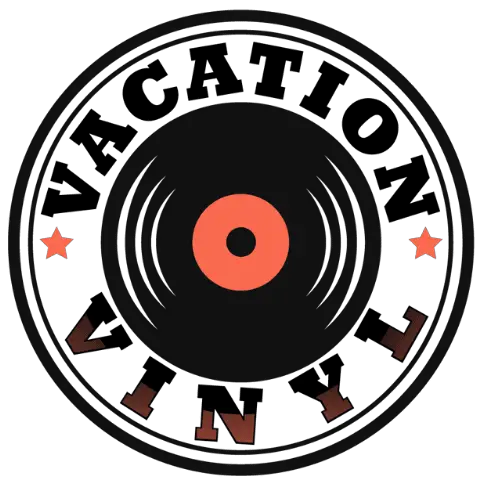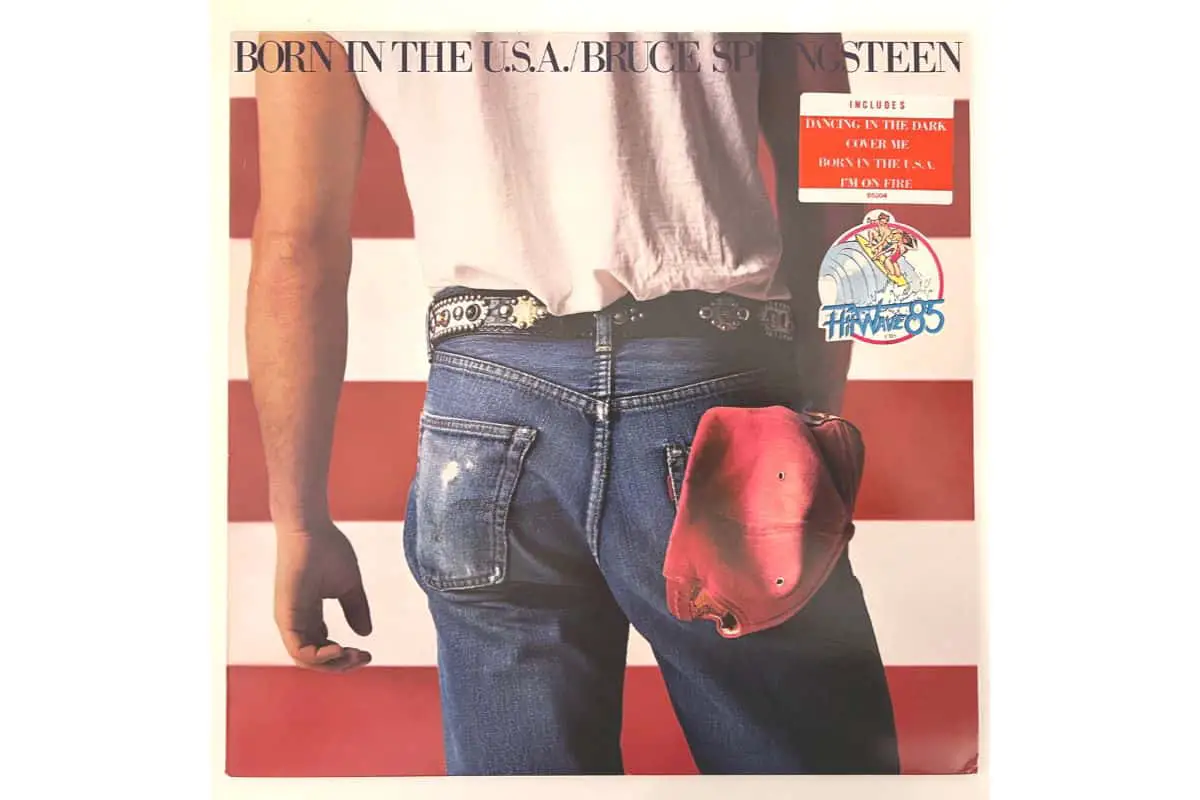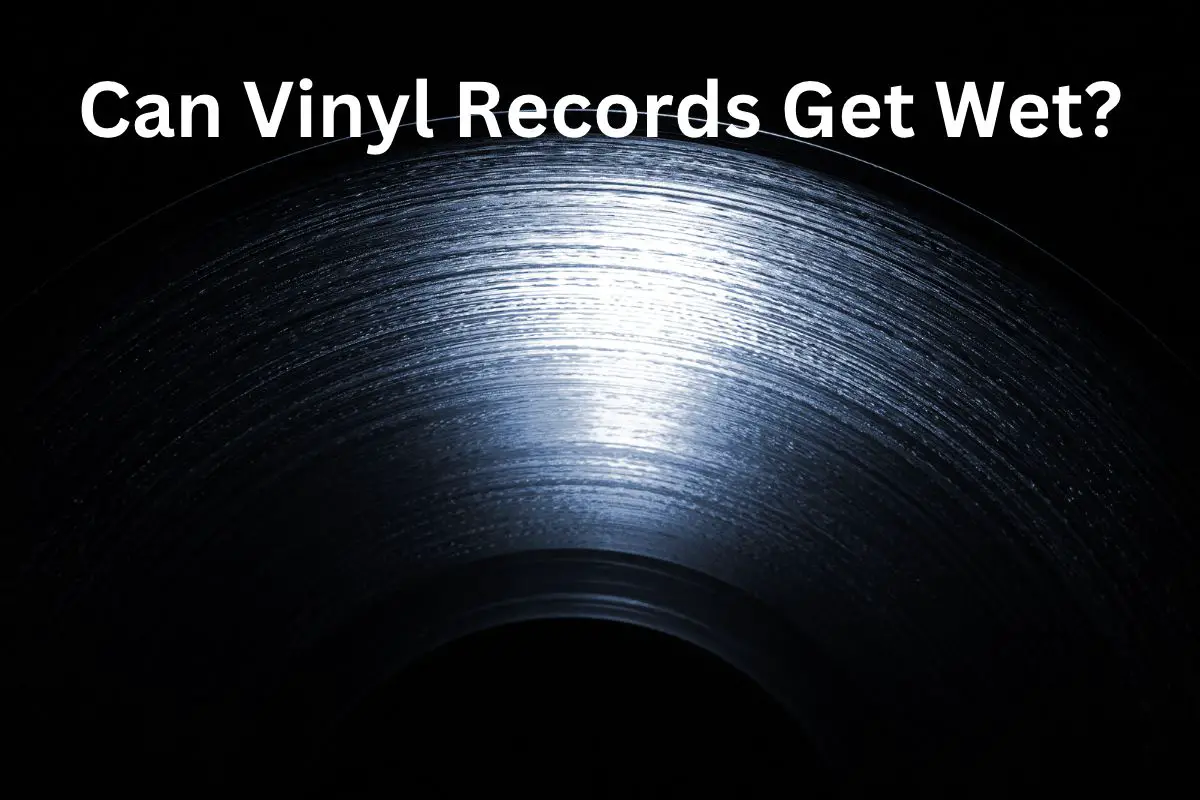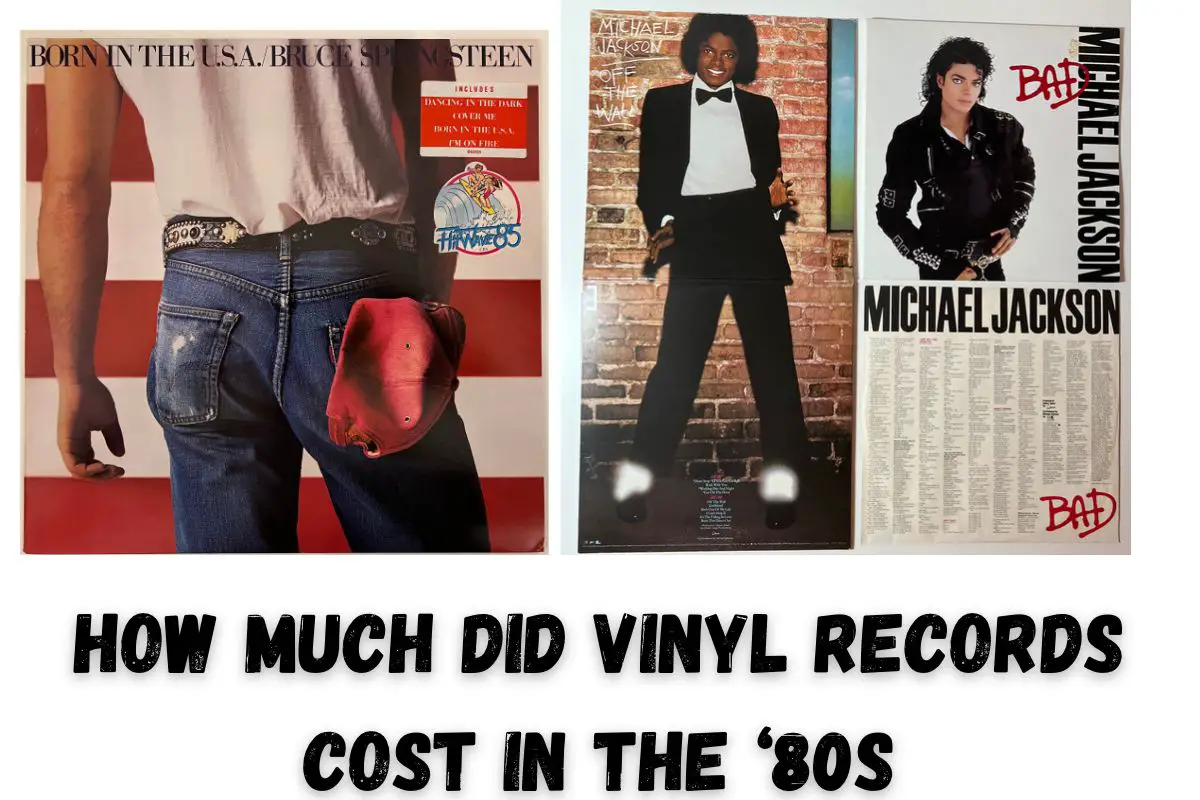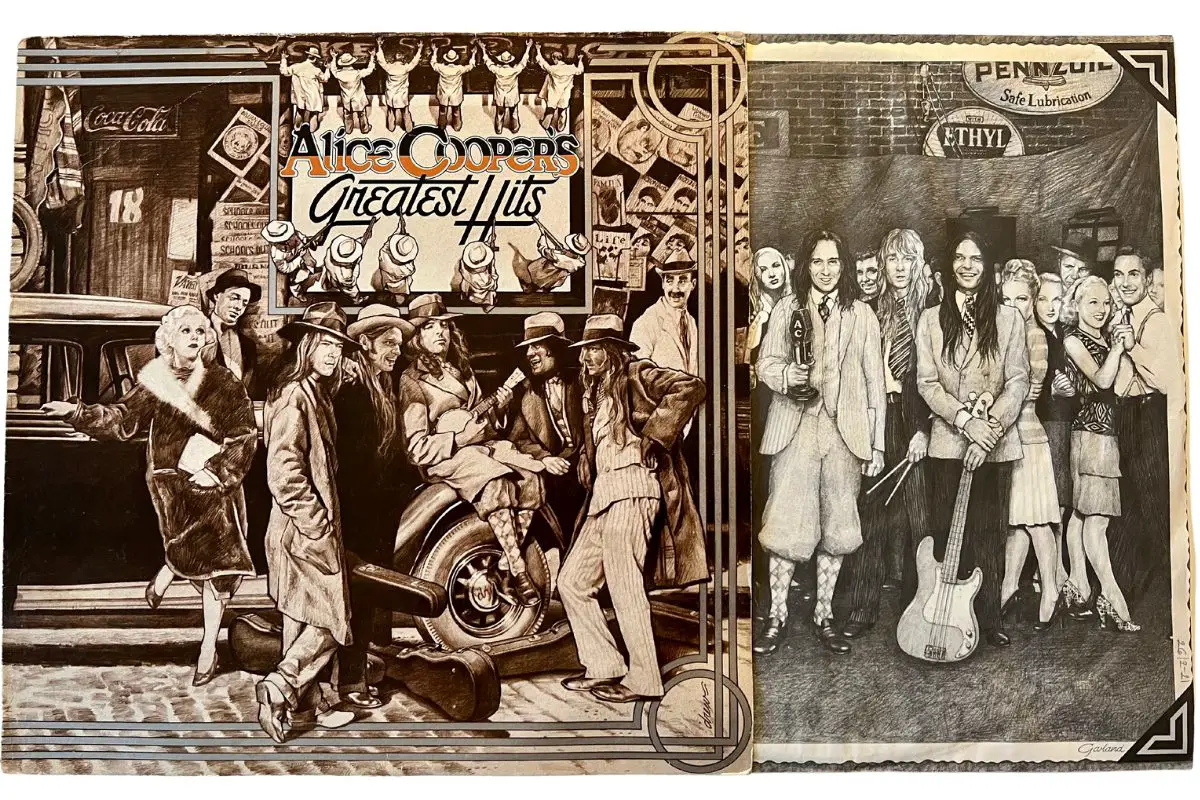This post contains affiliate links.
If you’re a music lover and a vinyl enthusiast, you may often find yourself facing the dilemma of whether or not to buy an original pressing of a record or a reissue. You want your records to sound the best they can, so this is no small question. Both options have their pros and cons, so the choice is ultimately up to you and your priorities.
You should buy an original vinyl record if you’re particular about the way you want your music to sound, are a seasoned collector, or simply want to showcase the vinyl. If you’re more of a casual listener or on a tighter budget, buy a reissue vinyl record instead.
Let’s take a closer look at the differences between these types of vinyl records and the pros and cons of each. By the end of this article, you’ll have a better idea of which kind of vinyl record is best for you and which to buy the next time you find yourself in this conundrum.
Table of Contents
What Are Original Vinyl Records?
Original vinyl records are records that were made from the initial batch of lacquers in the production process and cut using the original master recordings.
Many record collectors hold original vinyl records on a pedestal because they are more valuable and rare than reissues. However, it is important to note that just because a record is an original does not necessarily mean that it is the best quality; this depends on the year the album was released and who mastered the original.
To understand this, let’s look at how vinyl records are made. The first part of this process is preparing the tracks for pressing. To do this, musicians bring a digital audio file of the track to mastering engineers. These engineers then optimize the quality of the file by adding levels and limiting, sequencing, equalizing, splitting, and selecting the rotation speed.
After the digital files are optimized, the files are imprinted onto a lacquer plate. After this master is created, it goes through Electroforming or Direct Metal Mastering. Then, the stampers are taken to a press, where they’re stamped onto pre-heated vinyl.
This process has undergone various changes throughout the years, which explains why the quality and consistency of records change between decades.
In general, original vinyl records that were created before the 1970s are considered the best original pressings available. The pre-1970s were a golden age for record production, and because records were practically the only way people could purchase music, much effort and care was put into their production.
Additionally, because so many people were buying records, there was a lot of competition amongst the record companies to create the best-sounding records possible. These companies used the best mixes and techniques and brand-new production plants to create records that sounded incredible.
In the 1970s, energy consumption problems forced production companies to reduce costs, so some began to melt down unsellable records and use the scraps to make new records, reducing sound quality. Additionally, the companies began to reduce the thickness of the record discs to cut down on costs.
After cassettes and CDs became the primary way to listen to music in the 1980s, vinyl sales declined, and engineers stopped putting as much effort into the original record pressings. If reissues were ordered, even less effort was put into this production process.
Records started becoming more popular again in the late 1990s and early 2000s, so more vinyl records were being made. Still, there were fewer knowledgeable engineers, and the processing plants and technologies were out-of-date. Nowadays, there are more skilled engineers and updated equipment, so original pressings are back to the quality they once were.
Because of this history, original pressings can sound absolutely incredible or less-than-ideal, depending on the album’s release date and who mastered it. Still, many audiophiles and serious record collectors consider an original pressing to be superior to a reissue no matter what.
Pros and Cons of Original Vinyl Records
Let’s take a look at some of the benefits of purchasing original vinyl records:
- Original vinyl records usually have superior sound quality. True audiophiles will be able to tell the difference between a first pressing and a reissue, and almost always, they prefer the original. If you’re picky about sound and want a record that was definitely made from the master recordings, the original pressing is the way to go.
- You’re listening to an authentic version of the album, the way it was intended to be listened to. When an album is reissued, the engineer can change how the original sounded. This means that you’re not hearing the album the way the original artists and engineers intended for it to be heard, which takes away from the authenticity of the experience.
- The pressing is made from the original master tapes. Some reissues also use the original masters, but if you have an original vinyl, you’ll know for sure that you have a record made with the originals if you get vinyl from the first pressing.
- You get the original album art. The album artwork is an important part of the overall record, and sometimes reissues change the art.
As incredible as original vinyl pressings are, they come with some disadvantages:
- Original recordings can be extremely expensive. Because original pressings are limited and rare, they are higher priced, occasionally by a lot, depending on how desired the record is. Original pressings of classic albums can cost thousands of dollars, whereas big labels reissue these classics for a fraction of the price. For example, an original stereo copy of Yesterday and Today will set you back $25,000.
- Older originals were pressed on thin vinyl. Thin vinyl is more likely to warp, which ruins the listening experience. On the other hand, most reissues are made with 180-gram vinyl, making it more likely to sit flat on a deck and play as it should.
What Are Reissue Vinyl Records?
Reissue vinyl records are records that are being rereleased, and they don’t necessarily use the original master recordings. They can feature different materials than the original vinyl.
The term reissue applies to a variety of releases. Typically, these reissues vary from the original in many ways, including the sourcing of the masters, packaging, cover design, format, and country of origin. Reissues tend to come with bonus tracks and other bonus items, including inserts and posters.
Serious record collectors may look down on reissues, but they are more accessible and available than original pressings.
Pros and Cons of Reissue Vinyl Records
Many serious record collectors prefer original pressings; however, purchasing a reissue comes with its own set of advantages. Here are some of the pros of reissued records:
- Reissues are more affordable than original pressings. Reissues aren’t as rare, so you can usually get a reissue for far less than the original. A reissue of an album can cost $12-$40, while originals can cost hundreds or even thousands of dollars, depending on the record’s rarity.
- Reissues are more widely available and accessible than originals. It’s possible that you won’t be able to find an original version of the album that you want, especially if it is old and rare. You’ll have to go through the trouble of tracking down the original if you want it, and you may not be able to do this.
- Sometimes, engineers improve the sound quality of the original. Original pressings, while more authentic, may have various sound problems that engineers can improve on in a reissue. Remastered versions are often easier to listen to, and the sounds are more balanced.
However, there are some drawbacks. These are the disadvantages:
- A reissue can feel like a less authentic experience because engineers and producers can chop and change things from the original and alter the way the record was meant to be heard. Engineers tend to increase the loudness in remastered versions, which results in a “loudness war.” Additionally, reissues can sound more polished than the original version.
- Some reissues source a pressing from a CD or a digital method. If a reissue does this, the record will almost always sound worse. This is common for pirated records.
Original vs. Reissue Vinyl Records: Which Is Better
The kind of vinyl you should buy will ultimately depend on your priorities and preferences. Both kinds of records have their advantages and disadvantages. However, here are my suggestions for which record to buy depending on the following circumstances:
When To Buy an Original Pressing
- You’re a serious record collector. Collectors of vintage vinyl will naturally want the earliest possible pressing they can get. Original vinyl is the closest to the original master recording, making for a special listening experience that is a snapshot of a moment in time. Additionally, the visual aesthetics of an original are important to many collectors.
- The record you want to buy is important to you or holds sentimental value. If the record you’re looking for is special to you, you’ll want it to be as authentic as possible. Generally, if you’re willing to track down an original pressing of a record and pay the price for it, you should. It’s something you’ll be able to keep and admire forever.
- You’re picky about how your music sounds. The original pressing is usually as pristine a listening experience as possible. Originals are without the degradation that comes from decades of remastering and remixing. Some reissues use a CD or a digital copy of the music, which can have disastrous results. Ask any vinyl enthusiast about Amy Winehouse’s Back in Black, and you’ll get an earful about this.
- You want to put the record on display. Some people frame their record artwork or display it in some other way, and if this is your goal, you’ll definitely want the original artwork and the visual effect of the original.
When To Buy a Reissue
- You’re on a tight budget. The reality is that if you can’t afford an original pressing of an album, the next best option is to get a reissue. Reissues are available for a fraction of the cost, so if the original is out of your price range, the reissue probably won’t be.
- An original pressing of the record you want isn’t available. Some original pressings of older and more classic records simply aren’t available. For example, you probably won’t be able to get an original pressing of a Beatles or Elvis Presley album. Therefore, if you want to be able to listen to the King on vinyl, you’re going to have to be happy with a reissue.
- You just want the record to listen to, not necessarily to show off. For casual listening, spending less and getting a reissue makes more sense. If you’re not going to be showing off the aesthetic of the album or bragging about it to your friends, a reissue will get the job done.
- You can listen to both versions and can’t hear the difference. If you’re buying your record in person at a record store (which you should try to do if you can, to support local music businesses), there’s a chance you’ll be able to listen to both versions of the record in the store before purchasing. If you do and can’t hear a difference, why not go for the cheaper option and save some money?
- You prefer quantity over quality. If you’re just starting with your record collection, or if you love a wide range of genres and want to have lots of options for listening at home, you will want to buy more records. If you blow your entire budget on one original pressing, this may not be possible. You can probably snag five or more reissues for the cost of one original.
Conclusion
Ultimately, whether to purchase an original pressing or a record reissue depends on your budget and personal preferences. An original vinyl record may not be accessible to you for various reasons, but there’s something special about owning an original version of a record you love. On the other hand, reissues are more affordable and available, but they may not sound as good or feel as exceptional.
VacationVinyl.com is a participant in the Amazon Services LLC Associates Program, an affiliate advertising program designed to provide a means for sites to earn advertising fees by advertising and linking to Amazon.com. We also participate in other affiliate programs which compensate us for referring traffic.
